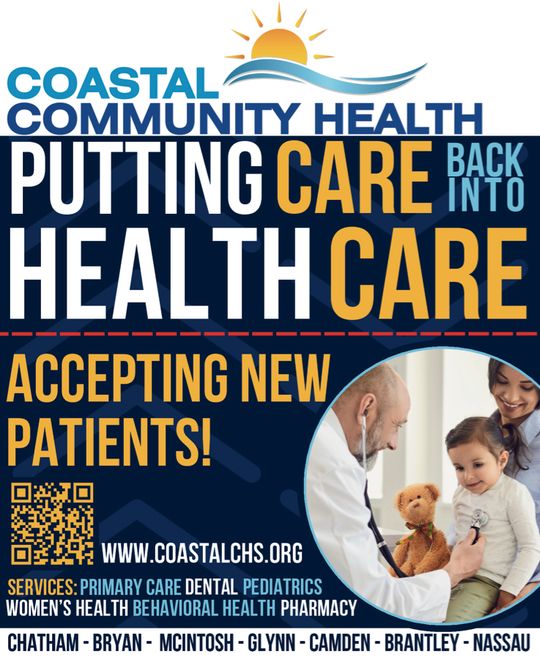The Federal Emergency Management Agency (FEMA) has returned to Ware County to aid those still suffering from the effects of Hurricane Helene.
The storm made landfall the night of September 26, cutting a swath of destruction across south Georgia as it made its way north.
A Mobile Disaster Recovery Center (MDRC) is once again set up at the Waycross County Courthouse Annex Building, 305 Oak Street.
The Waycross Mobile Disaster Recovery Center is available 8 a.m. to 7 p.m. through Saturday, December 14 You can also register for disaster assistance by phone at (800) 621-3362 or at www.disaster assistance. gov.
FEMA Media Relations Specialist Kelly Gaskins reached out to the Waycross Journal-Herald to encourage the community to take advantage of the center and to dispel the most common rumors concerning FEMA assistance.
“We just want people to know they’re not alone. We’re here and people care,” Gaskins said.
The first area of misinformation is that it’s too late to get assistance.
“People can be registered at the MDRC,” said Gaskins. “If you’ve already registered and are starting to receive communication such as letters or emails, a lot of times those can be confusing. Bring the letter to the MDRC and we can help you understand what the letter means.
“If any further documentation is needed, we can scan and upload it to help keep your application moving forward.”
The next topic Gaskins addressed was homeowners insurance.
“Some people with homeowners insurance think they’re not eligible to apply, which is not true,” stated Gaskins. “Submit a claim with your insurance company first because FEMA doesn’t duplicate assistance. Once you submit a claim, then submit to FEMA with your settlement letter or denial letter from your insurance company. If you’re under insured, FEMA will determine if you’re eligible for further assistance.”

The third topic Gaskins broached was that of renters.
“FEMA assistance is not just for homeowners,” assured Gaskins. “FEMA provides assistance to renters who’ve lost personal property, were displaced or if their primary vehicle was damaged. Those are all things FEMA could potentially help with.
“The homeowner is responsible for applying for the structure and the renter is responsible for their personal property within the home. The renter needs to show occupancy verification to prove they are the renter.”
Gaskins also addressed those who’ve already cleaned up their property.
“A lot of people think they can’t receive assistance if they’ve already cleaned up the damage. That’s not true,” she said. “You can still apply for FEMA assistance, you just have to submit photos of the damage and receipts for the repairs.”
She also noted people who may be hesitant to apply because they’ve been told FEMA money is a loan which must be paid back.
“That is not true,” stated Gaskins. “If you’re found eligible, it’s a grant, not a loan and does not need to be repaid.
“It is important to note,” she added, “the money must be used for disaster recovery, not for vacation or Christmas presents. FEMA grants are intended to make your home safe, sanitary and functional. Any misuse of FEMA grant money can result in an audit.”
The final bit of information Gaskins addressed was regarding the potential loss of other government assistance due to receiving FEMA money.
“That is not true,” Gaskins said. “Accepting a FEMA grant will not affect your eligibility for social security, medicare, medicaid, Supplemental Nutrition Assistance Program (SNAP) or any other federal program, and it’s not considered taxable income.”
Gaskins’ final piece of advice pertained to the letters applicants receive from FEMA.
“Make sure to read the letter carefully,” she said. “The letter might not serve as FEMA’s final answer. We may just need additional documentation to process the application.
“Every applicant can appeal their decision within 60 days of the date of the determination letter.”









